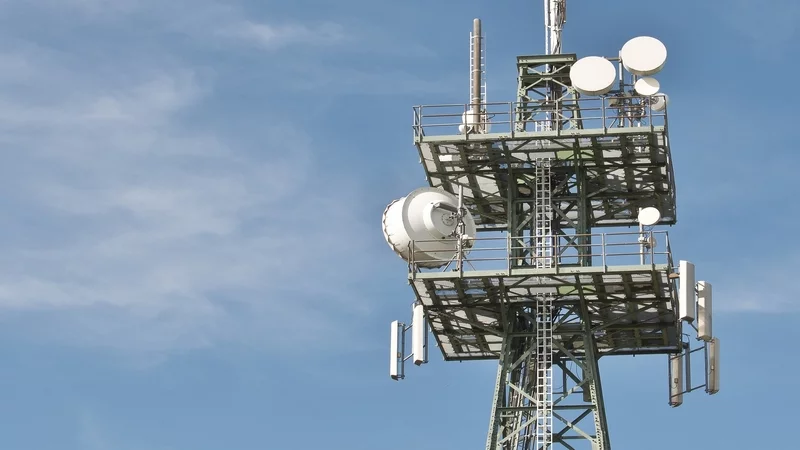The news about the telecom industry is reaching the far ends of India because of the grim conditions of the sector. The telecom industry has been neck-deep in financial strain ever since billionaire Mukesh Ambani led telecom operator, Reliance Jio made its way into the industry and sprawled a two-year-long data tariff war which bruised the telecom operators badly, led to many consolidations and left the industry in debt. With all of this happening, Reliance Jio definitely found the way to march ahead to become the biggest telecom operator in the country with the most number of subscribers. However, the other competing telcos have not been that lucky. By other telecom operators we mean, Vodafone Idea and Bharti Airtel. If anything, the situation has worsened for these two telecom operators because of a new verdict ruled by the apex court of the country. Supreme Court, in its new matter, has changed the definition of the Adjusted Gross Revenue (AGR), which could be a fate deciding verdict for these telecom operators.

What Exactly is The AGR Issue
Now to understand the matter at depth, firstly, it is important to understand what the AGR issue is all about at its core. So, the adjusted gross revenue is something that is reported by the telecom companies to the Department of Telecommunications (DoT). Now just like other industry parameters like the ARPU (Average Revenue Per User), the AGR is also an important metric for the telecom operators, and it points towards their profitability. But, AGR is also important because it is the metric based on which the DoT calculated the license fees and Spectrum Usage Charges (SUC) which are to be paid by these telecom companies. So, you can imagine that the higher the AGR, the higher SUC and license fee the telcos would have to pay.
Supreme Court’s Final Nail in the Coffin
Now, the Supreme Court, in its latest decision, has said that that the AGR from these companies would include revenue from non-core services as well. This means that the telecom operators would not only have to pay license fees and SUC for the mobile network income but for also the income which they earn from other sources. This seriously increased the cost incurred to the telecom operators, and this is what has happened to the telecom companies.
Vodafone Idea Worst Hit in the New Verdict
Amidst the three top telecom operators, Bharti Airtel and Vodafone Idea have been hit in the worst manner because they have accumulated dues since long. The dues are now worth over Rs 89,000 crore on both of these telcos combined, but Reliance Jio being a new telco had an easy way out, as it only owes Rs 41 crore to the DoT. This is where things get interesting.
https://youtu.be/ZNCib9ircoE
Spectrum Auction to be Dominated by Reliance Jio
We have already heard the rumours of Vodafone Plc talking about pulling out of Indian telecom industry in case the government does not provide any relief. This explains that the situation of Vodafone Idea and Bharti Airtel are not good when it comes to financial health. Both are not in the position to pay up Rs 89,000 crore to the DoT. As compared to this, Reliance Jio will not only be able to easily pay Rs 41 crore to the DoT without any hassle, but with its plan to turn debt-free in the next year and a half and the heavy subscriber base, helped by the new IUC charges, the telecom operator will have ample cash laying around. This only means one thing, that the upcoming telecom spectrum auctions which will see the sale of premium airwaves for 4G and 5G will be dominated by the Mukesh Ambani led telecom operator, as the rival telcos will find themselves financially weak to shell out crores for the new spectrum.















